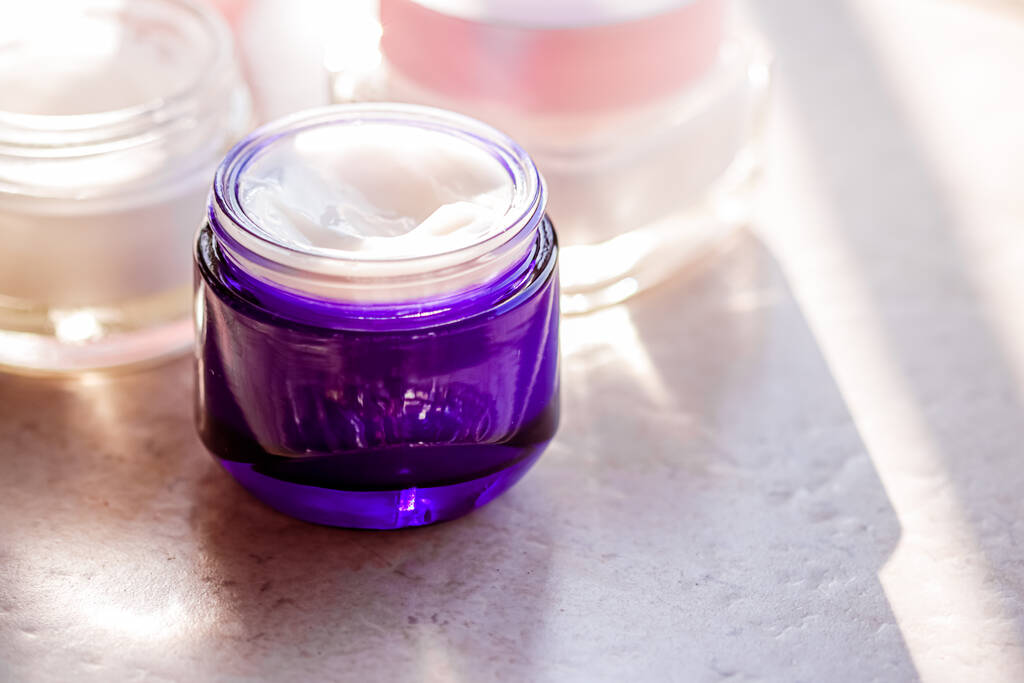Manuka honey is a type of honey that is produced in New Zealand by bees that pollinate the manuka tree.
Manuka honey is an excellent natural remedy for a variety of skin conditions. It has anti-inflammatory, anti-bacterial, and antioxidant properties that make it effective in treating acne, eczema, psoriasis, and other skin conditions. Manuka honey also promotes healing and helps to reduce scarring.
Manuka honey has a unique composition that makes it different from other types of honey.
Manuka honey has a unique composition that sets it apart from other types of honey. Its high concentration of Methylglyoxal (MGO) is what gives it its antibacterial properties. This makes it an effective treatment for wounds and skin infections.
In addition to its antibacterial properties, Manuka honey is also known for its anti-inflammatory and antioxidant benefits. Its ability to reduce inflammation makes it helpful in the treatment of conditions like eczema and psoriasis. And, because it’s rich in antioxidants, Manuka honey can help protect the skin from damage caused by free radicals.
If you’re looking for a natural way to improve your skin health, Manuka honey may be worth trying. You can find Manuka honey products at most health food stores or online.
The unique composition of manuka honey makes it a powerful antibacterial agent.
Composition of Manuka Honey
Manuka honey is a type of honey that is produced in New Zealand by bees that pollinate the native manuka tree. The honey has a unique composition that makes it a powerful antibacterial agent.
The main active ingredient in manuka honey is methylglyoxal (MGO). This compound is derived from the nectar of the manuka tree and is responsible for the honey’s antimicrobial activity. MGO levels vary depending on the source of the honey, but all manuka honey contains some level of methylglyoxal.
In addition to methylglyoxal, manuka honey also contains other compounds with antibacterial activity, such as hydrogen peroxide and lauric acid. These compounds work together to make manuka honey more effective than other types of honey at killing bacteria.
Manuka honey for skin care has been shown to be effective against a wide range of bacteria, including those that cause food poisoning and wound infections. It can also be used to treat skin conditions such as acne and eczema.
The unique composition of manuka honey makes it a powerful antibacterial agent that can be used to treat a variety of conditions.
Manuka honey has been shown to be effective against a variety of bacteria, including MRSA.
Manuka honey is a special type of honey that is produced in New Zealand. It has been shown to be effective against a variety of bacteria, including MRSA (methicillin-resistant Staphylococcus aureus).
Manuka honey contains unique antibacterial properties that make it more effective than other types of honey. When applied to the skin, it can help to speed up the healing process and prevent infection.
There are many different brands of manuka honey available on the market, so it is important to choose one that is certified by the National Association for Manuka Honey Standards (NAMHS). This will ensure that you are getting a quality product.
If you are looking for an alternative treatment for bacterial infections, then manuka honey may be worth considering.
Manuka honey can also be used topically to treat skin conditions such as acne and eczema.
If you’re looking for a natural way to treat your acne or eczema, manuka honey may be worth a try. This type of honey is produced in New Zealand and Australia and has antibacterial and anti-inflammatory properties. A 2008 study found that manuka honey was effective in treating acne when applied topically to the skin.
To use manuka honey as a natural treatment for acne or eczema, apply it to the affected area of your skin. You can leave it on for 20 minutes or overnight. Rinse it off with warm water and pat your skin dry. You can do this once or twice a day, depending on how severe your condition is.
If you have sensitive skin, be sure to do a patch test before applying manuka honey to your face. If you experience any irritation, discontinue use immediately.
While there is no scientific evidence to support the claim that manuka honey can cure acne or eczema, some people find that it helps relieve their symptoms. If you’re looking for a natural alternative to conventional treatments, give it a try!
When used topically, manuka honey can help to heal wounds and promote tissue regeneration.
When applied topically, manuka honey can help to heal wounds and promote tissue regeneration. The honey has antibacterial and anti-inflammatory properties, which can speed up the healing process. It also has a high concentration of antioxidants, which can help to repair damaged cells. Manuka honey is available in many health food stores.
Manuka honey is also a potent anti-inflammatory agent, which makes it useful for treating inflammatory skin conditions such as psoriasis and rosacea.
If you suffer from chronic inflammation, you may want to consider using manuka honey as a natural treatment option. This type of honey is produced in New Zealand and Australia from the nectar of the manuka tree. It’s unique because it contains high levels of a compound called methylglyoxal (MGO), which gives it potent anti-inflammatory properties.
Manuka honey has been shown to be effective in reducing inflammation in a number of studies. In one study, manuka honey was found to be as effective as the anti-inflammatory drug diclofenac in treating arthritis. Another study showed that manuka honey was able to significantly reduce inflammation and improve healing in rats with gastric ulcers.
While more research needs to be done on the use of manuka honey for inflammatory conditions, there is promising evidence that it may be a helpful natural treatment option. If you’re interested in trying manuka honey, you can purchase it online or at some health food stores.
